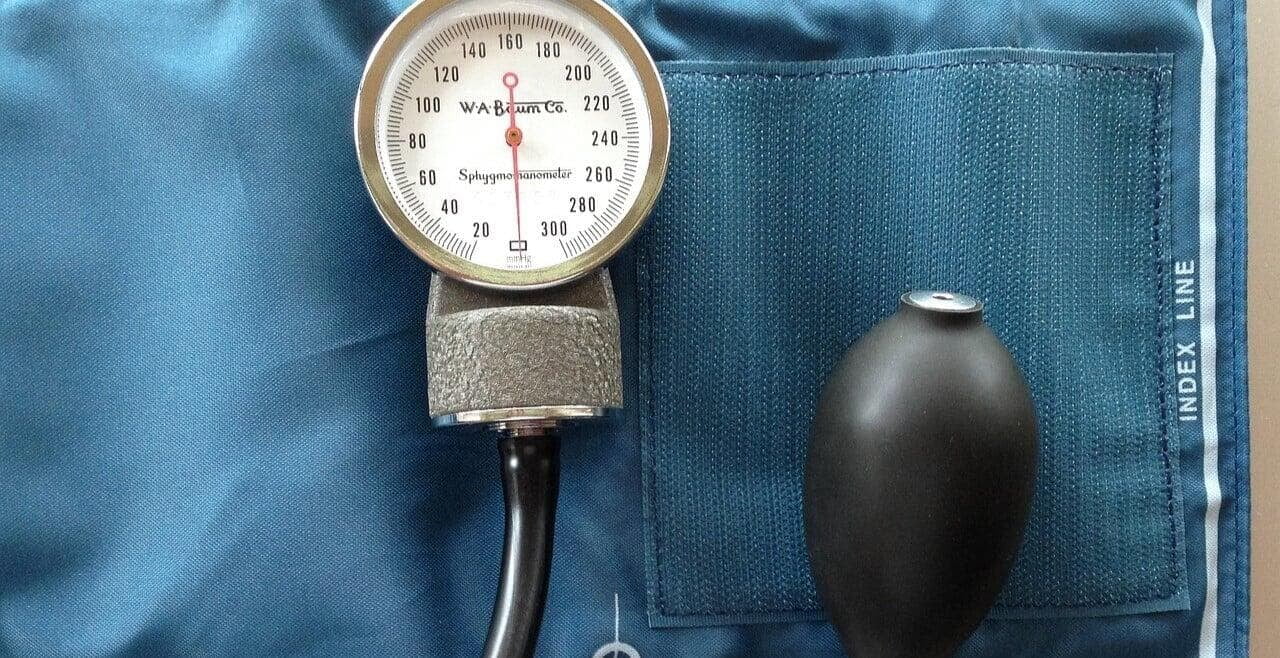From electrocardiograms to infusion pumps, all devices in your clinic are vital to giving the patients the best care. As with any electric device, medical devices can also be a potential hazard to the patient when the equipment’s safety status is unknown. This is where test and tag services prove essential for ensuring electrical equipment safety in workplaces and homes. They involve a thorough inspection of electrical equipment to identify any potential hazards and the application of tags to indicate the equipment's safety status.
In the healthcare world, where every moment is critical and every procedure demands precision, the reliability of medical devices is non-negotiable. At BCS Testing, we understand the gravity of this responsibility, especially in rural and regional Australia where access to services can be challenging. Since our establishment in 2003, we have been on a mission to provide professional and cost-effective testing and calibration services to ensure the safety and efficiency of medical equipment.
Discover the core elements of our testing and tagging service through these five key points. Gain insights into the essence of what makes our service reliable and efficient for your needs.
Why test and tag medical devices?
Medical devices play a vital role in patient care, diagnosis, and treatment. Ensuring they function optimally is not just a regulatory requirement but a moral obligation to uphold patient safety. Please take a look in why you should test and tag your equipment:
Compliance with standards
Regulatory bodies set stringent standards for the calibration and testing of medical devices. Compliance with these standards is not just a checkbox exercise; it is a guarantee that the equipment meets the necessary criteria for safety and performance. Our commitment at BCS Testing is to navigate the vast landscape of rural and regional Australia to bring compliance to your doorstep.
We follow the Aussie Standard AS 3551 closely in our testing and tagging efforts. This standard serves as a comprehensive guide for the management and maintenance of medical devices, encompassing calibration procedures, testing protocols, and quality assurance practices.
Faulty or inaccurately calibrated medical devices can pose serious risks to patient safety. From misdiagnosis due to inaccurate readings to complications arising from malfunctioning equipment, the consequences can be severe. Testing and tagging ensure that these risks are minimised, creating a safer healthcare environment for both patients and practitioners.
Prolonged equipment lifespan
Medical devices are substantial investments for healthcare facilities, and their longevity is crucial. Regular testing not only identifies potential issues before they escalate but also contributes to the longevity of the equipment. This translates into cost savings for healthcare providers, allowing them to allocate resources more efficiently to mitigate risks and systematically assess potential failure modes and their effects on medical devices.
Legal and ethical responsibilities
Healthcare providers have legal and ethical responsibilities to ensure that the equipment they use meets the required standards. Testing and tagging fulfil these obligations, providing a robust defence in case of any unforeseen events. It's a proactive approach that reflects a commitment to excellence in patient care.
Regulatory documentation and audits
Our testing processes are accompanied by comprehensive documentation. This documentation serves as a critical resource during regulatory audits, providing a transparent record of the testing procedures undertaken, calibration results, and any corrective actions implemented.
Why BCS Testing?
At BCS Testing, we take pride in being the guardians of this reliability, bringing our services to you, wherever you may be. Because in healthcare, there are no compromises when it comes to the safety of those we serve.



